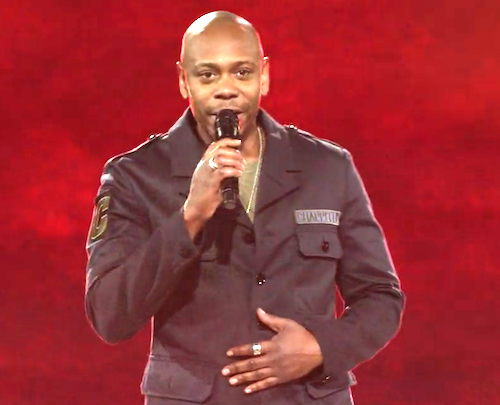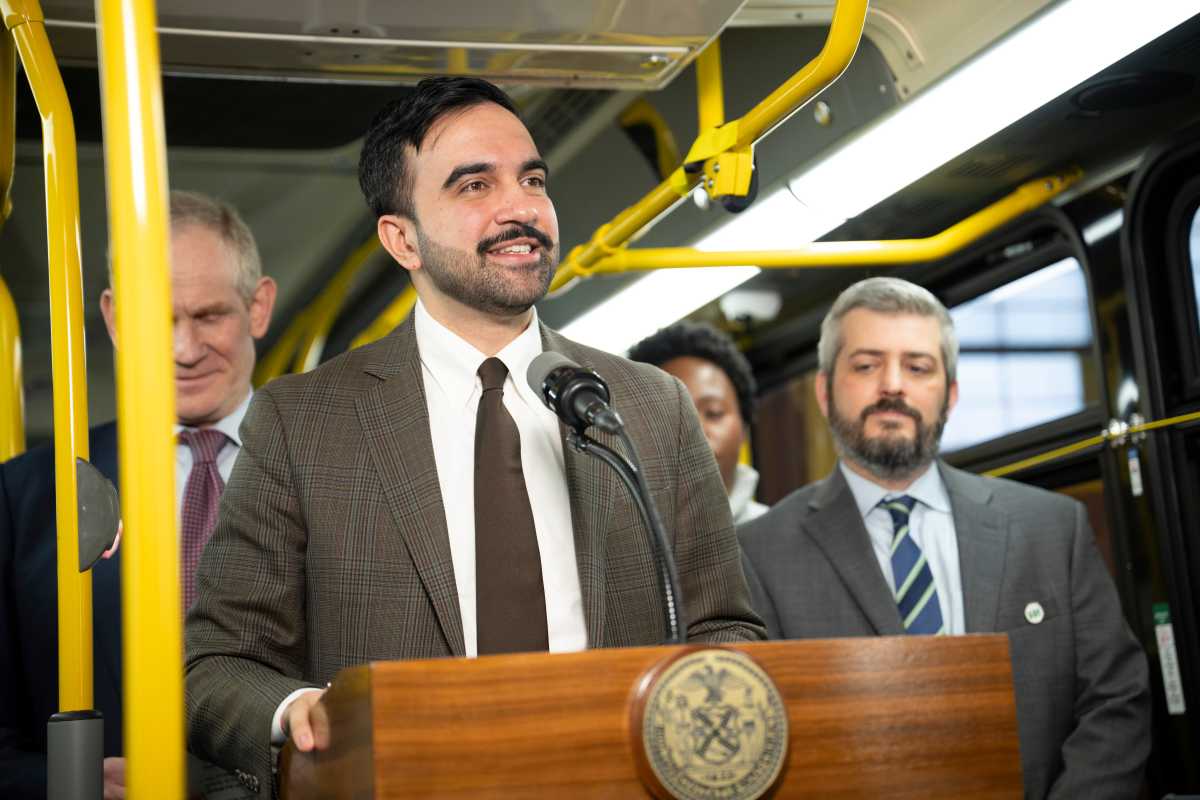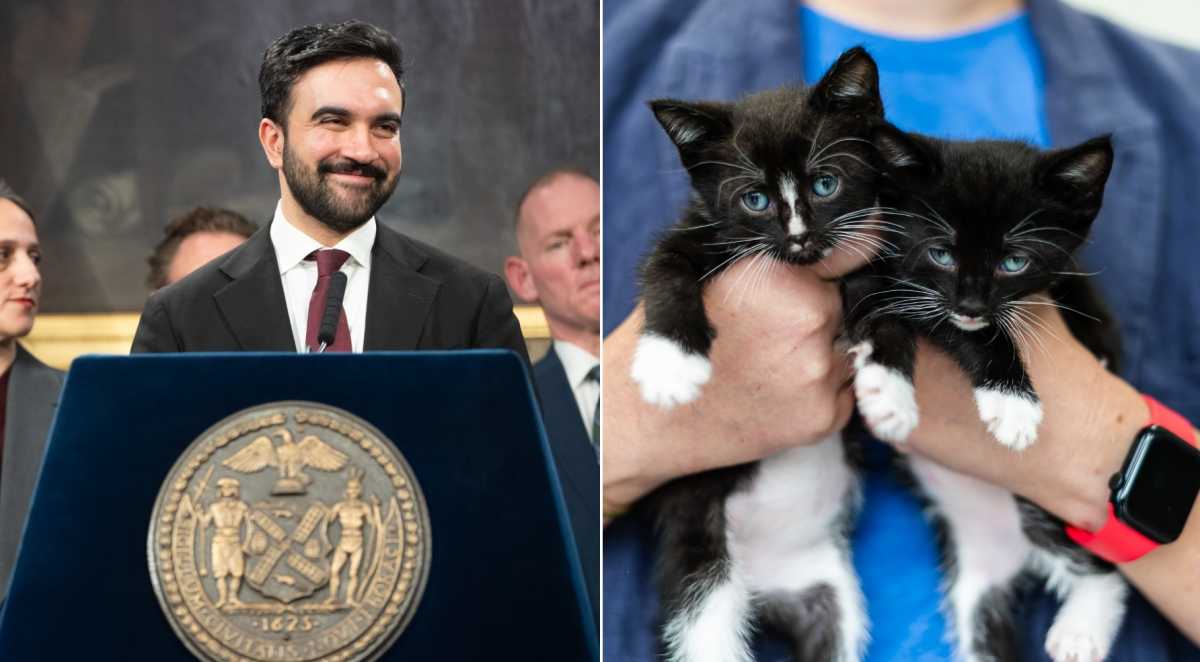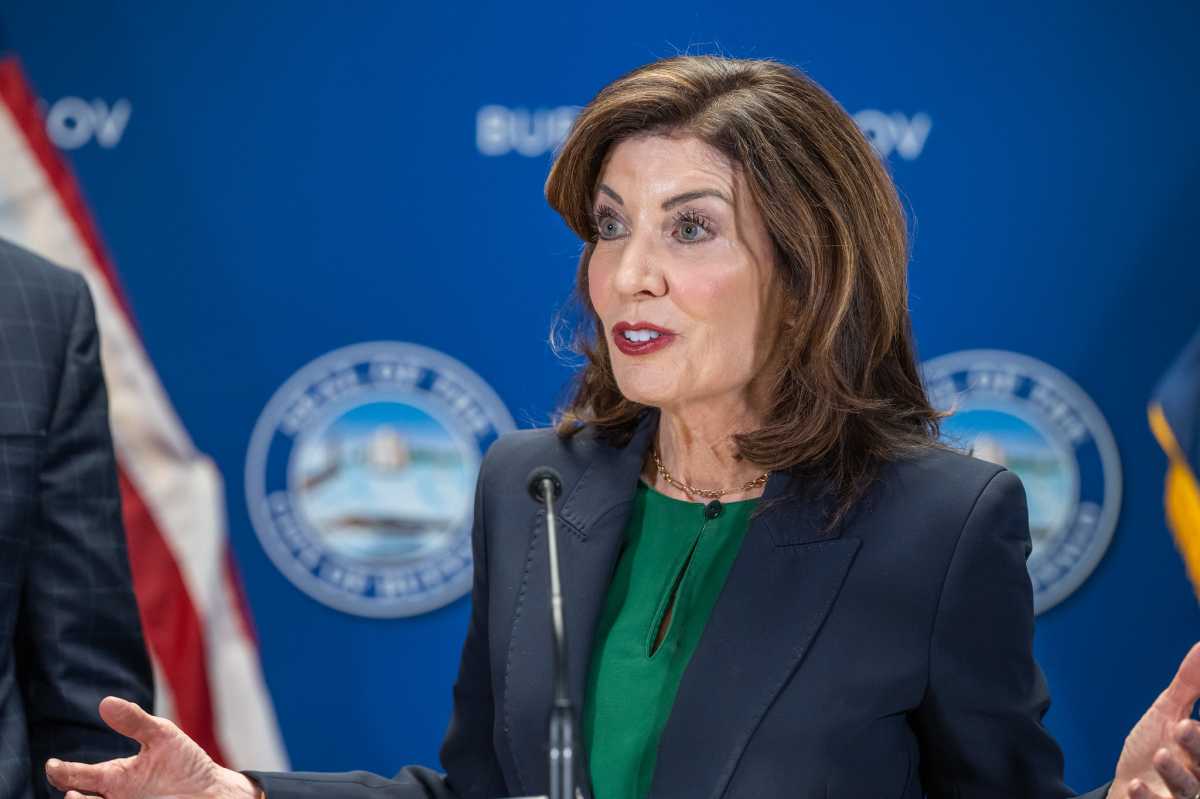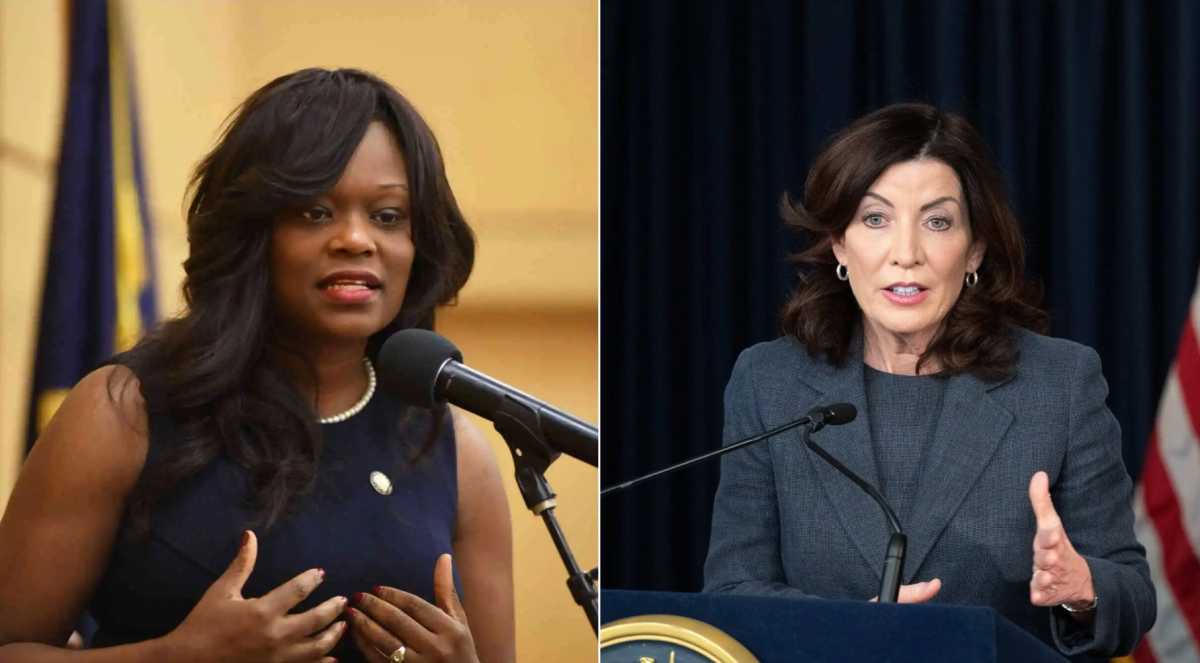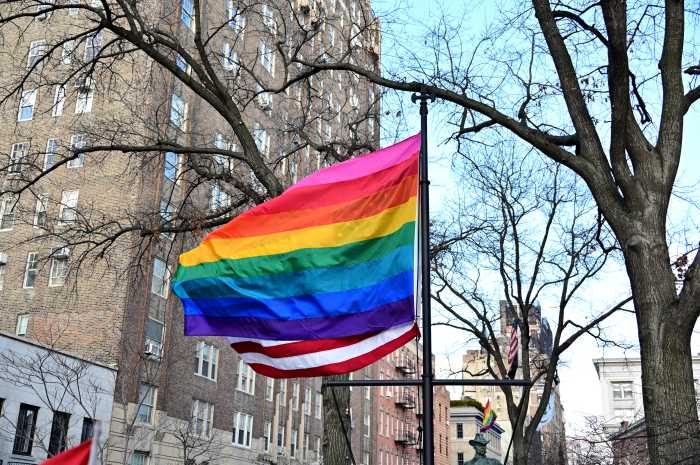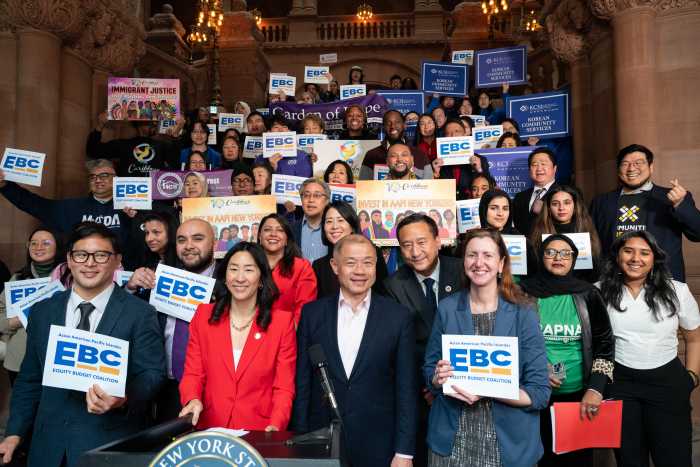On December 3, 2014, a grand jury decided not to indict New York City Police Officer Daniel Pantaleo for the strangling death of Eric Gardner for allegedly selling loose cigarettes on a Staten Island street corner.
That night was first time I ever saw Dave Chappelle in person on stage at The Comedy Store in Los Angeles. It would go on to become the rawest most emotional show I’m sure he had ever given this side of Richard Pryor or Lenny Bruce. Three friends and me had heard rumors of Dave dropping in at the Comedy Store and that night we were going to get lucky.
A spot was wide open on Sunset Boulevard and if you know anything about parking in LA, it’s very rare you find a spot directly in front of the place you’re actually going to. It’s like finding the last flat screen on Black Friday and you walk in six hours after Best Buy has opened.
On that night, we walked in and hurried to the back where most young comedians sit, and he was already on stage, but that night he looked different. He looked hurt. He was brooding on stage. He looked like the infamous $50 million man, but the shell was broken. Chappelle’s stand up shows are very clandestine in nature. You lock up your phone in a pouch and he takes you to a place most stand ups couldn’t dream of going. His meditations on race and celebrity have been motifs not only in his stand up, but also his groundbreaking television sketch show.
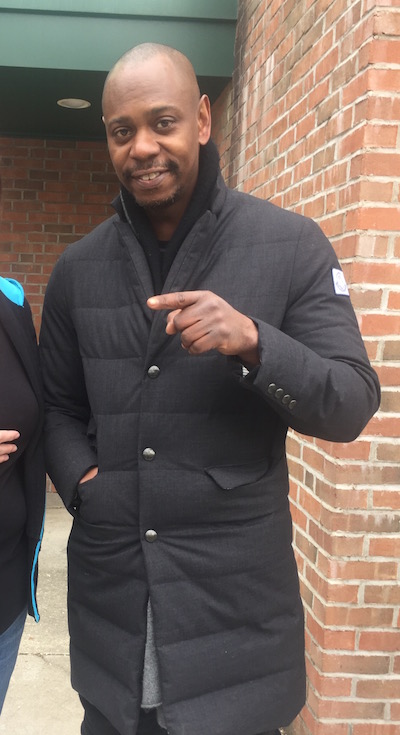
His return to us in “Dave Chappelle The Age of Spin” or as he defines spin “a generation of young people who don’t know if their thoughts are actually their own or it’s an agenda programmed upon into them by others.” He begins the first of his comedy double features with a narration by Morgan Freeman which zooms directly into cartoon mash-up of topics that we would have undoubtedly seen in his show if he had not walked away from a lucrative TV deal. Zany topical cartoons of Arnold Schwarzenegger, Obama, and even a man punching a kangaroo zip past as we open on Dave Chappelle at The Palladium in Hollywood California – the same place Richard Pryor filmed Live on Sunset Strip.
Chappelle begins with a story about him bombing a show in Detroit and getting pulled over by the cops. Talking about the cops is usually a subject most comedians avoid on stage, but he approaches it in a way that he’s ascended beyond that of normal black paranoia because after all he is Dave Chappelle. What is significant about this is that he’s 10 minutes into the special without really doing anything that special.
Dave operates like an ex heavyweight champ not trying to over extend himself too early. He knows that this is like a round 2 of a 15 round bout so why rush it. Most comedians would try to give you their heavy punch lines up front and coast on those initial laughs until they can get to their closer, usually a sure-fire knockout for most stand up comedians. But the space Dave occupies is that of a conductor orchestrating the audience leading them with anecdotes – all done with the grace and the pace of a comedian who doesn’t apply too much pressure to himself.
Much like Ali after his comeback, Chappelle is a bit slower on stage, definitely heavier. He sports what looks like 40 pounds of brawn (so much for the rumors of him being a crack head). He’s more methodical too, like he is backing himself into a dark corner laying a trap or a comedy rope a dope of sorts. In The Age of Spin he reminisces on the times he met O.J. Simpson and leaps into what he calls the proverbial comedy deep waters of mocking the LGBTQ community as well as the dark but hilarious idea of a super hero who rapes.
Comedy comes to him naturally and he seems to be more fascinated than ever by bringing us into his world without really being personal. The most fascinating thing about this show, are his ideas on the new celebrity. Not just the idea of him knowing famous people, but how he deconstructs his own status as a celebrity and that of his friend Kevin Hart and that of his idol Bill Cosby. In his lifetime he has seen the many celebrities commit career suicide. At one time if you made it into Hollywood’s inner circle, you were untouchable. Now everyone is just a scandal waiting to happen, and he’s airing his demons on stage.
The second Dave Chappelle hour filmed in Austin, Texas is in a location many would call the liberal heart of a not so liberal state. The hour begins again with a Morgan Freeman intro just sillier. This second hour is definitely what I would call a comedy mix tape. Much closer to Richard Pryor’s Live and Smoking, this special isn’t really a special at all, but instead a peek behind what goes on at comedy clubs across America.
Dressed in all denim and Stan Smith Adidas he ruminates over types of cigarettes, Ebola, and the word pussy. What is most noteworthy about this above all his other works is that this is the first time we get a glimpse into life beyond the celebrity. We learn that his sister is an orthodox Muslim when he jokes about getting hit by a snowball, the status of his marriage, even the devilish nature of his child in private school. This is the first time Dave Chappelle wants to seem like a normal guy even though that’s not true. Dave on stage in Austin is the closest I’ve ever seen him get to that night at The Comedy Store. At times he sits and trades barbs with a heckler, it’s just a normal night for him.
What you can learn about a comedian through these two testaments is that Dave Chappelle is a master of compare and contrast. Chappelle is a skilled comedic marksman. He aims his comedic wit at a racist who throws banana peels or the LGBTQ vs black civil rights comparisons. You better believe he’s going to tell you how he feels not directly, but through manipulation. Like a master manipulator, he makes sure you don’t see it coming until the last minute, similar to the signature shuffle of Muhammad Ali.
Chappelle is the king of misdirection. Perhaps the most impressive skill he possesses is his commanding use of story telling. He can illustrate a point on human apathy in the same sentence as pussy juice. I think the most infuriating thing that upsets a lot of people about Dave’s work is that he’s not what you want him to be. He’s not the champion of black of people. He isn’t the voice for equality. He doesn’t even believe in handicap parking which is why in my mind he’s a genius.
In a world where celebrities are the new go to on hot bed topics, Chappelle ask a very important question: should they be? In a world where social justice warriors and bloggers police the internet, Chappelle dodges that bull like Belmonte or better yet like the old Bugs Bunny cartoons.
We know Dave Chappelle is funny, but what we get to see in these two hours is why he walked away from $50 million. Of course he wanted the money but more than that he wanted it on his own terms, and 10 years later, that’s what he got – plus $10 million more to boot.


